Car Industry Declares War on Climate Change: Fails Due to an Even Weightier Issue
The Australian car industry wants you to think it's fighting climate change. Protecting the planet for your children, only nauseating. And misleading...
In case you weren’t aware, the Australian car industry has taken up arms, metaphorically, to battle the enemy we know as climate change.
The car industry is promising to protect the planet for your children and their children. It’s a noble cause, however misguided and disingenuous.
Like all of the mass-produced bullshit rhetoric developed by highly paid lobby group professionals in Canberra, this report will potentially affect you if the survival of the human race is kinda in the realm of moderate importance to your family.
One of my favourite organisations is the FCAI, the Federal Chamber of Automotive Industries. It’s essentially, in my view, a grubby little anti-consumer car industry barrow-pushing conglomerate which gets half a million dollars here and three-quarters there (or whatever) annually from each of the car importers in order to, seemingly, appear both separate from them and somehow simultaneously legitimate. But in reality, it’s just a well-funded car industry agenda-marketing ideas chamber.
Or, as they see it, the “peak industry organisation”.
So, the agenda marketing lobby had a brilliant idea back in 2020, via zoom, on lockdown, to get the intern, presumably, to compile this entirely arbitrary average CO2 emissions spreadsheet. They called it, audaciously, a ‘Voluntary Emissions Standard’.
Fast-forward to the late afternoon of March 29, 2022, which is the ideal time in Canberra for lobby group professionals and public servants to issue press releases they miss that day’s news cycle. Friday afternoons are especially good for this.
All of a sudden, using the arcane ‘Jedi-like’ power of lobby group alternative facts, an ad hoc, fantasy CO2 spreadsheet becomes an industry triumph. Winning that battle against carbon dioxide.
It’s not just the intern doing data entry any longer. It’s brave carmakers independently forging ahead to wage war on climate change, while Scott Morrison is too busy, seemingly, sucking on the gas industry’s teat, hell-bent on ruining the artesian basin for eternity.
Mainly, for our lobbying heroes, deep in the drawing room, this spreadsheet is a predominately Toyota-appeasing exercise, because the FCAI is increasingly doing the bidding as Toyota’s PR machine. I’m sure the other carmakers love that.
For example, the Chair of the FCAI is also the President and CEO of Toyota Australia, Matt Callachor. Which initiatives do you suppose he’s gonna be most enthusiastic about? Probably the bullshit ones that make the King of Mediocrity look saintly, I’d suggest.
As I understand it, Matty C and Tony Weber, would be good friends.
A Tony Weber approved statement about what Tony Weber said, there. It’s oddly ‘Inception’, isn’t it?
So, just to recap, the intern got the emissions data together and the FCAI proposed CO2 targets that the industry was already achieving, and this is (all of a sudden) the Battle of the Bulge, only with the car industry playing Germany, and climate change as the allies.
The facts are, however, that you could count on one hand the number of people employed by carmakers here in Australia, whose role is combating climate change.
In contrast, if you want to get all the sales staff together, you’d best book a stadium.
My AutoExpert AFFORDABLE ROADSIDE ASSISTANCE PACKAGE
If you’re sick of paying through the neck for roadside assistance I’ve teamed up with 24/7 to offer AutoExpert readers nationwide roadside assistance from just $69 annually, plus there’s NO JOINING FEE
Full details here >>
AutoExpert DISCOUNT OLIGHT TORCHES
These flashlights are awesome. I carry the Olight Warrior Mini 2 every day - it’s tiny, robust, and super useful in the field or in the workshop. Olight is a terrific supporter of AutoExpert.
Use the code AEJC to get a 12% discount >>
TRUTH BE TOLD: CLIMATE CHANGE COMES SECOND TO SALES
The car industry actually does not give a shit about climate change.
They just want to sell cars. If they can convince you a car is green, sustainable, renewable, zero-emissions (they know all the buzzwords) and if that rhetoric motivates you to buy a car, great.
But being green, and seeming green are two vastly different things. As for actual green, environmental virtue, taking steps to battle climate change - they’re sucking on a dry tank. But not according to Tony Weber.
He is the Luke Skywalker of spin, in my view.
So at the risk of being a little Darth Vader on this one, in fact, the car industry has shot itself in the foot, every year, over and over, for more than 20 years now, on the most fundamental emissions-reduction technology there is.
They’ve mothballed the most sure-fire, slam-dunk emissions-slashing technology known. It went into a safe and they threw away the key.
And that technology would be: Reducing the mass of the vehicles. The car industry does not do that. Not anymore.
Let me give you a few examples, which are hardly outliers. Twenty-two years ago, back when Sydney hosted the Olympics, year 2000, your grandmother’s cheap, nasty Toyota Echo was 875 kilos of breathtaking mediocrity.
Today, the equivalent car is the equally hard-to-love Yaris and it is 23 per cent heavier. A Mazda 323 from 2000 has been replaced by the Mazda3 today, and it’s 20 per cent chunkier.
The biggest vehicles - take Hyundai Santa Fe - has put on 17 per cent more mass in 22 years. Even environmental darlings, like the Prius (which arrived here in 2001) has gained 12 per cent more girth between then and now.
Same goes for the most popular utes. Ford Ranger Wildtrak 2.2 is 2260kg tonnes fully fuelled. The 2011 PK Wildtrak weighed just 2006kg.
All of that additional heft - the plastics, the steel, the glass, the electronics, must be mined and manufactured, at a substantial environmental cost. And, of course, you have to burn more fuel to get it from A to B when it’s part of the car.
Well isn’t that one of the most inspiring speeches ever? (Personal opinion.) To boldly go where no industry has gone before.
This is the first time I’ve ever seen an industry lobby group down on its knees, metaphorically, begging a government for even more regulation. Just what every industry wants, typically. More governmental intervention/meddling. Astounding.
Inconveniently, however, in the domain of ‘facts’ and ‘physics’ it’s entirely clear that the car industry has an obesity problem. And it’s like this:
At the most fundamental level, 200 kilos of humans inside a machine weighing 1.5 to 2.0 tonnes, typically, going from A to B, is an advertisement for how to bungle massively on efficiency. This is why efficient, first-world mass transit systems are so vital to battle emissions. Because they invert the payload-to-vehicle ratio. They move more people with less energy per person-kilo.
Meanwhile, here in Sydney, of course, we have a bit of rain, and the entire Dickensian train system failed. So there’s that. And the people responsible duck for cover and wring their hands. Disgraceful. Our commuter rail system is appalling when it’s working and worse when it’s not.
But cars (and I love cars; always have) they’re simply a stupid way of getting tens of thousands of people to the same destination (downtown) at 9am, and then all out of there, in unison after 5pm. As evidenced by the predictable gridlock both ways.
So, if you want effective climate action, demand better mass transit systems from governments, and live closer to work. This is a fact.
Here’s why ‘zero-emissions vehicles’ will be the great auto industry lie of 2022 >> Same ethos, different topic, really.
CONCLUSION: NOTHING IS FREE
On the vehicular obesity epidemic: Sure, cars are safer, bigger, and they’ve got more fruit today. They’re definitely better in so many respects, and that’s awesome. But let’s not attempt to greenwash it. If you add 20 per cent more beer gut to every car, it’s going to require 20 per cent more energy to get it up that hill. Equals 20 per cent more CO2 than a lighter car with equivalent tech.
There’s no getting around that. The car industry is a long-term conspirator in a global vehicular obesity epidemic. Because that’s what consumers want. In fact, cars are dying. Because people want SUVs.
And carmakers are not making any visible effort, that I can see, of trying to get consumers into smaller, lighter, vehicles that are made using fewer materials and therefore emissions. It’s the same misleading rubbish announced by Scott Morrison about getting 1.7 million EVs on the road.
This is why the RAV4 Hybrid is so popular today. People want SUVs but they also want to believe they can have their SUV and also help save the planet (with Toyota’s bullshit ‘self-charging’ hybrid voodoo.)
And, I suppose, if you didn’t pay attention at school - and let’s not forget, here in Australia, it is disgracefully cool to be dumb. If you are dumb, you can easily convince yourself that you can have that lardy-arsed SUV (hybrid, of course, to ‘save fuel’) and also do your bit to save the planet. You, presumably, tell yourself it’s okay to keep being ignorant and dumb, also.
In other words, clever combustion tech is one thing. Well done there, car industry. But every additional kilo of vehicular obesity means higher emissions. It just does. Greenwashing this for the brochure is just a scientific literacy test that too many people fail.
If senior R&D suits at Toyota made a Prius today that weighed as much as a Prius weighed 20 years ago, it would be a much more fuel efficient Prius. And if I were in a press conference with them, I’d also ask them to draw me a Venn diagram covering off why a Yaris has to be 23 per cent heavier than an Echo, because granny doesn’t care - she’s still just driving it to the shops three days a week for groceries and her pills.
And let’s not forget that the two most popular vehicles in this nation today are the Hilux and the Ranger - which is hardly an industry advertisement for effective climate action. Pro Tip: SR5 Hilux dual-cab 4x4 trophy ute is 16.5 per cent heavier today, compared with 2000.
And, yeah, I own a fairly obese dual-cab ute and a lardy-arsed seven-seat SUV. The difference being: I don’t make any grandiose claims about my quest to save the planet with them.
Via the Toyota-sponsored industry lobbying, the car industry wants you to know it’s bravely out there, delivering the technology to get the job done - going to battle on the back of a fleet of morbidly obese Hiluxes and Rangers. And there’s an intern’s spreadsheet to legitimise that.
Calling on the government to compel the industry to keep doing exactly what it's already doing - which is ‘much less than all they could be doing on climate’ - is a false flag. It’s perfectly aligned with current Federal and State government climate initiatives. It’s beautiful.
And, by ‘beautiful’ I mean, it’s a smokescreen, dude. They want a government mandate to continue doing, basically, nothing about climate change, while telling you, presumptuously, that they’re saving that planet. Riding that tsunami to a green future, and all you have to do to get onboard is buy a new car.
Meanwhile, humanity obviously doesn’t get to consume its way out of the climate emergency. We’re already consuming more than ever, yet everything is getting worse. Have you noticed?

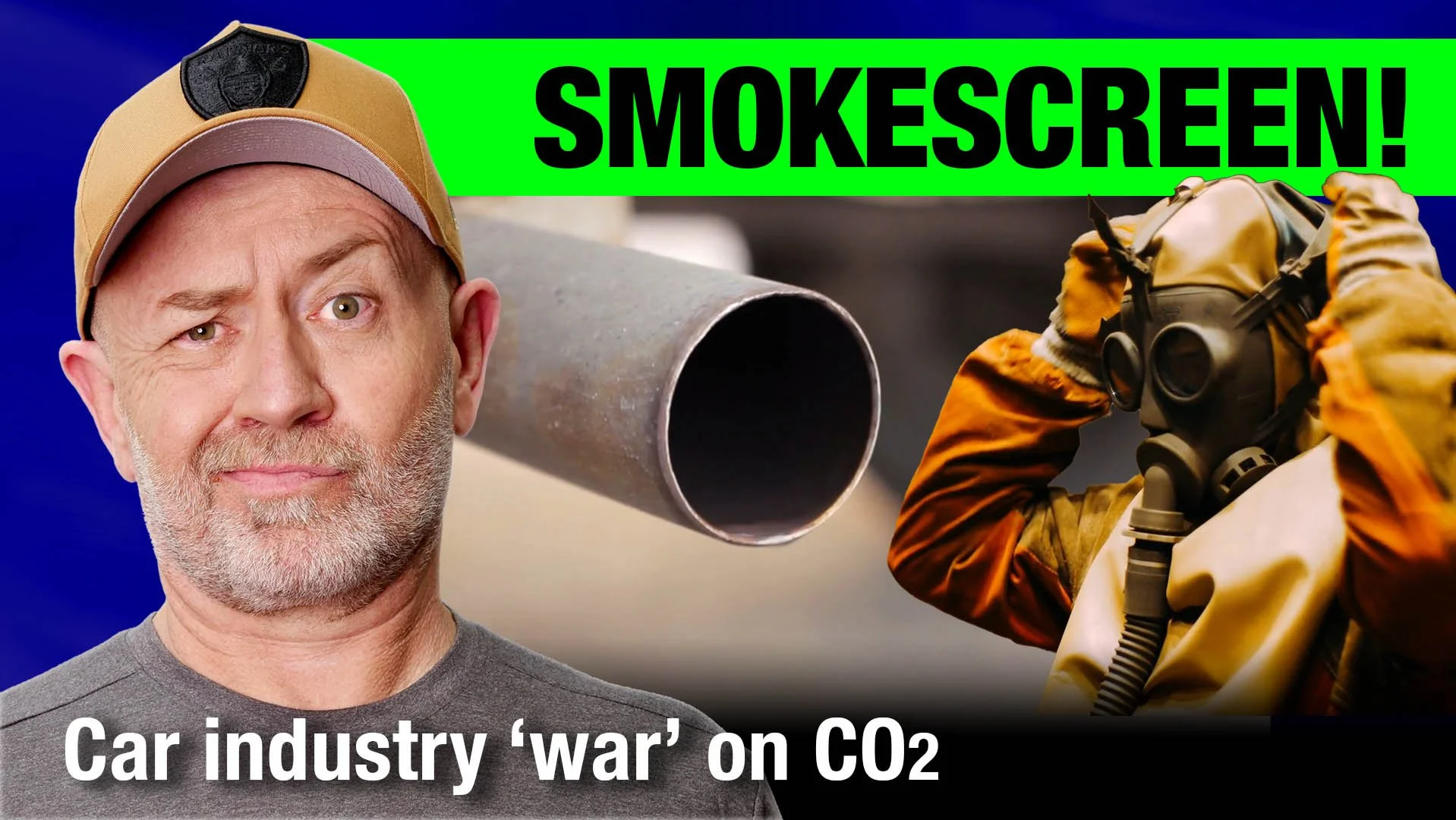


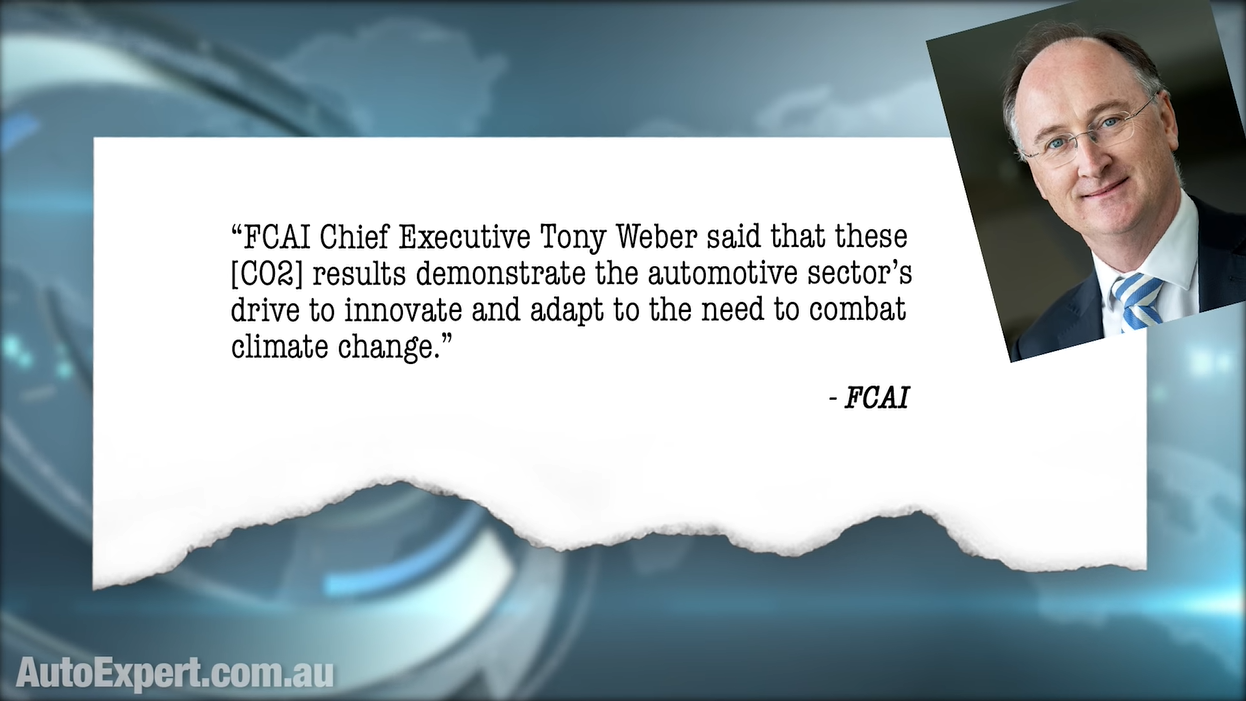


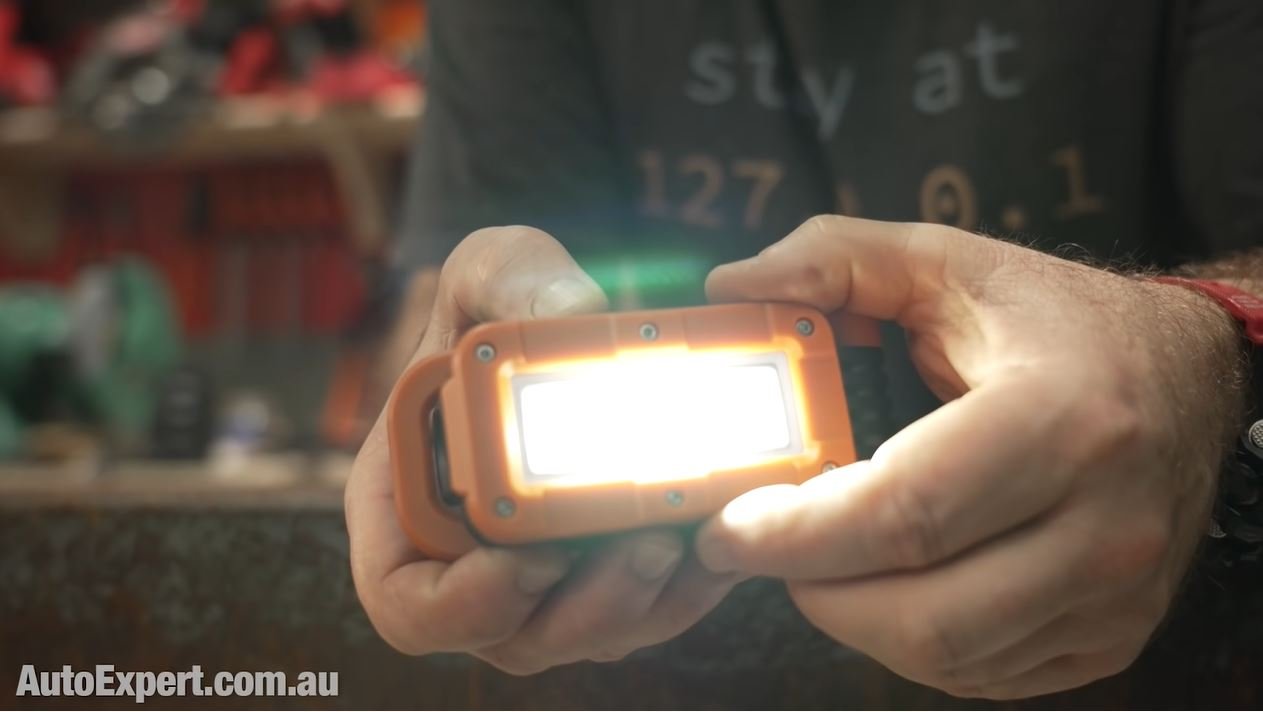
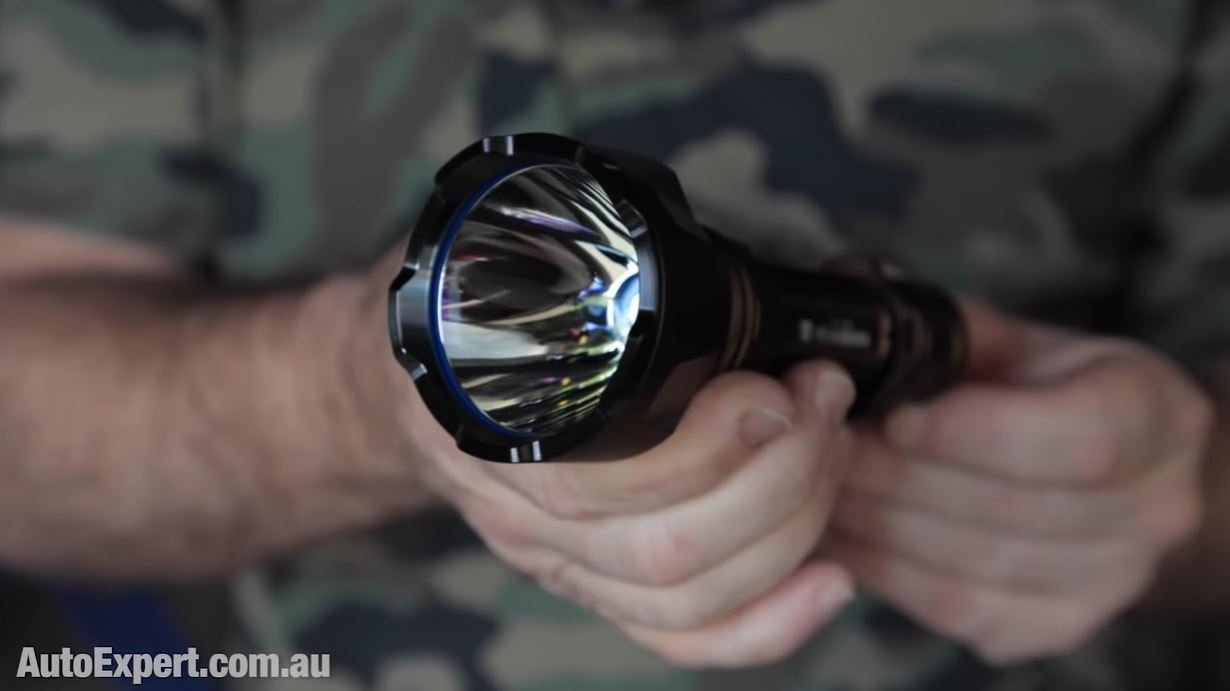
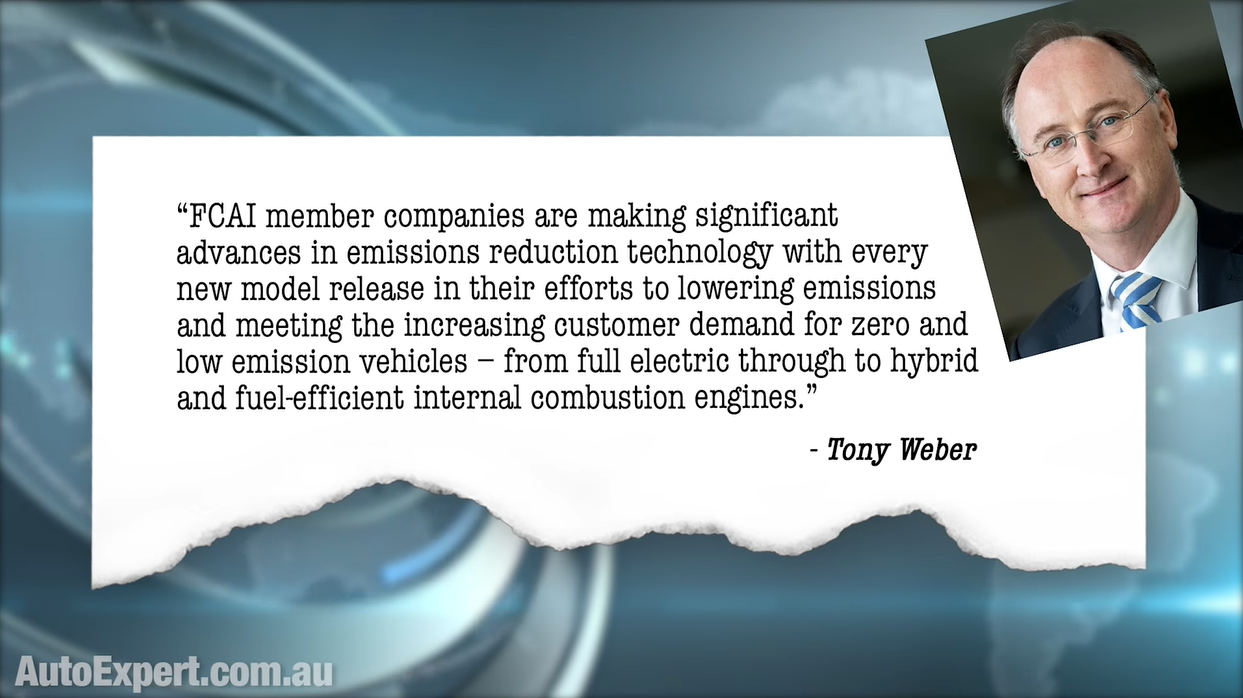



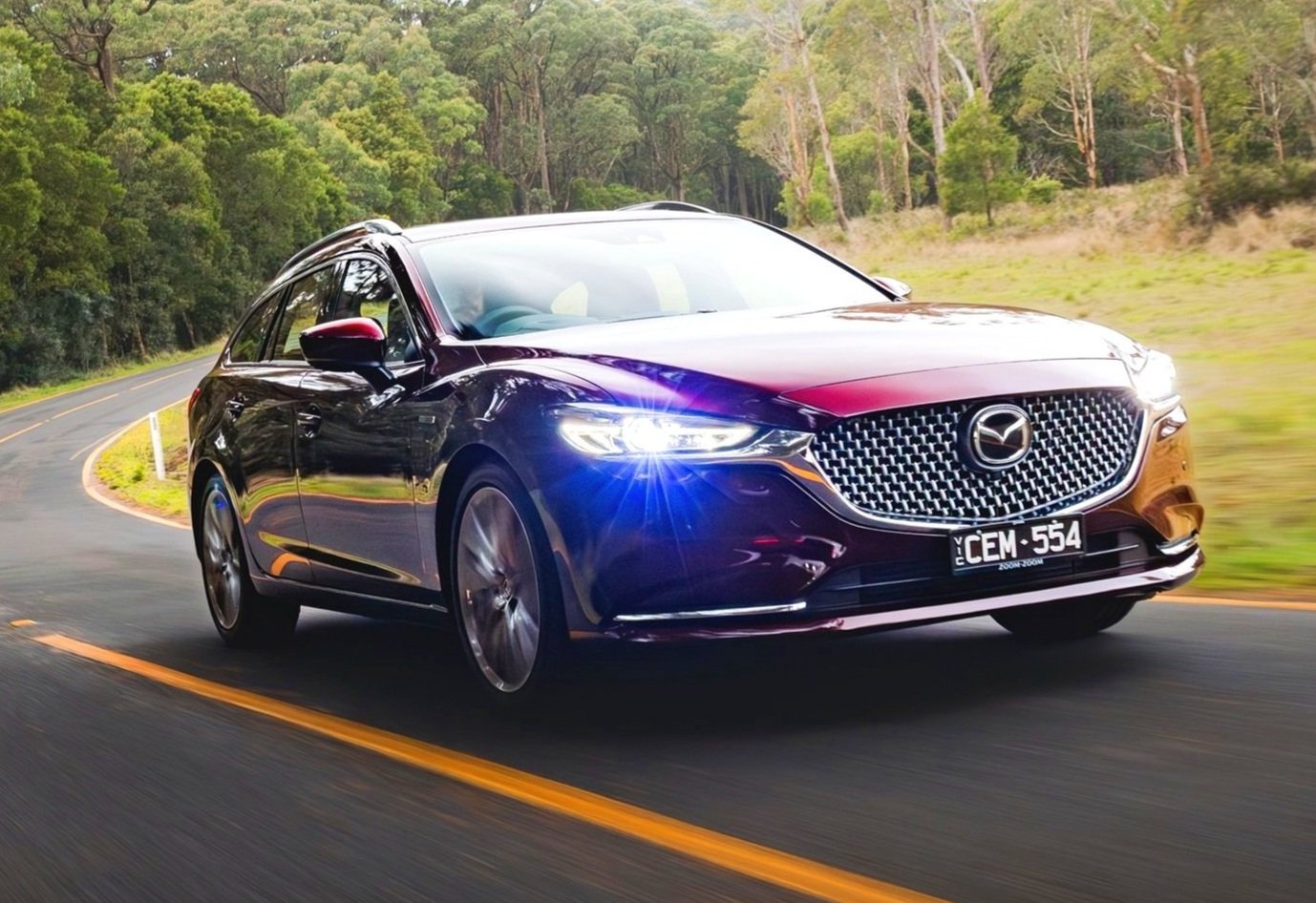

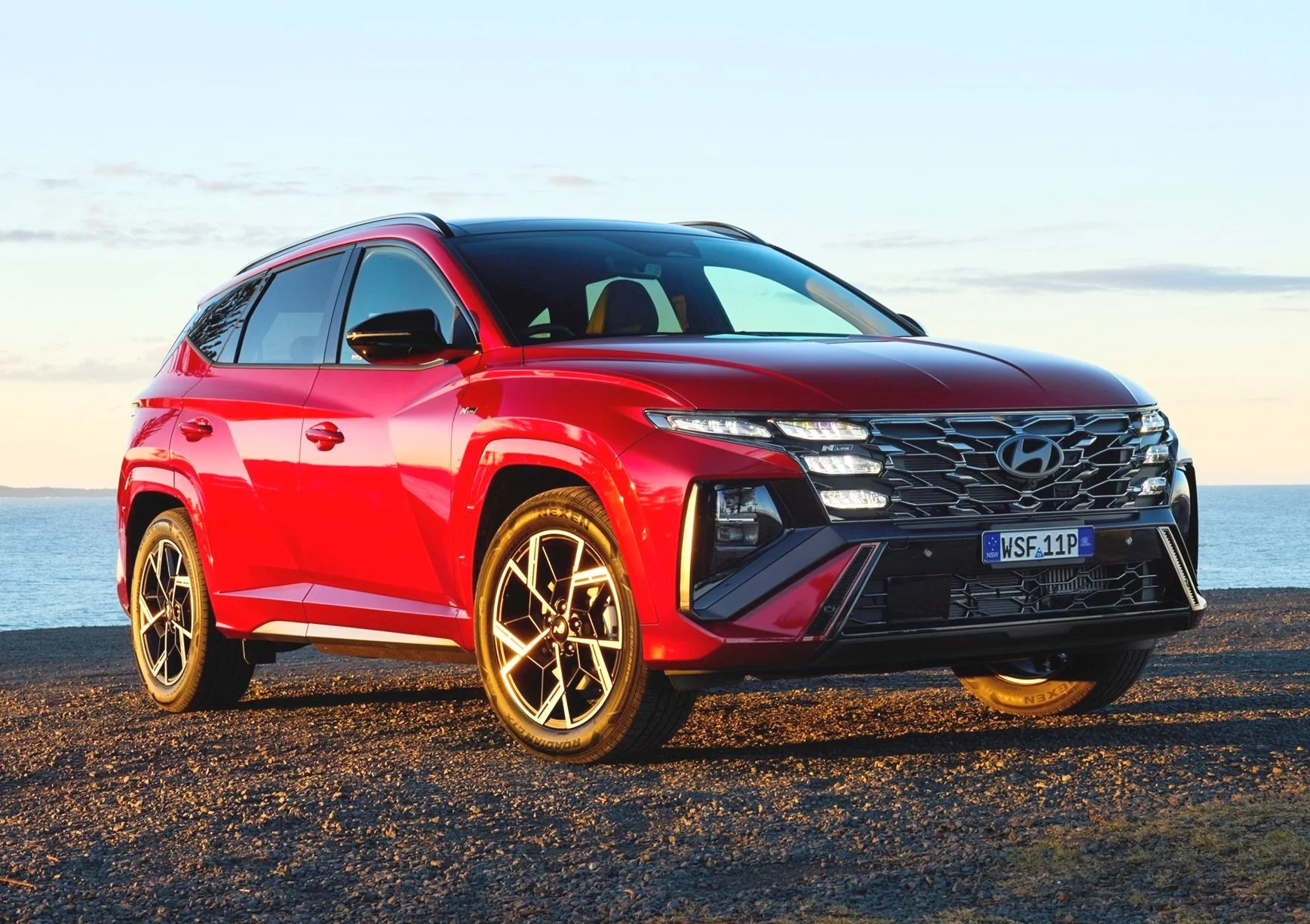


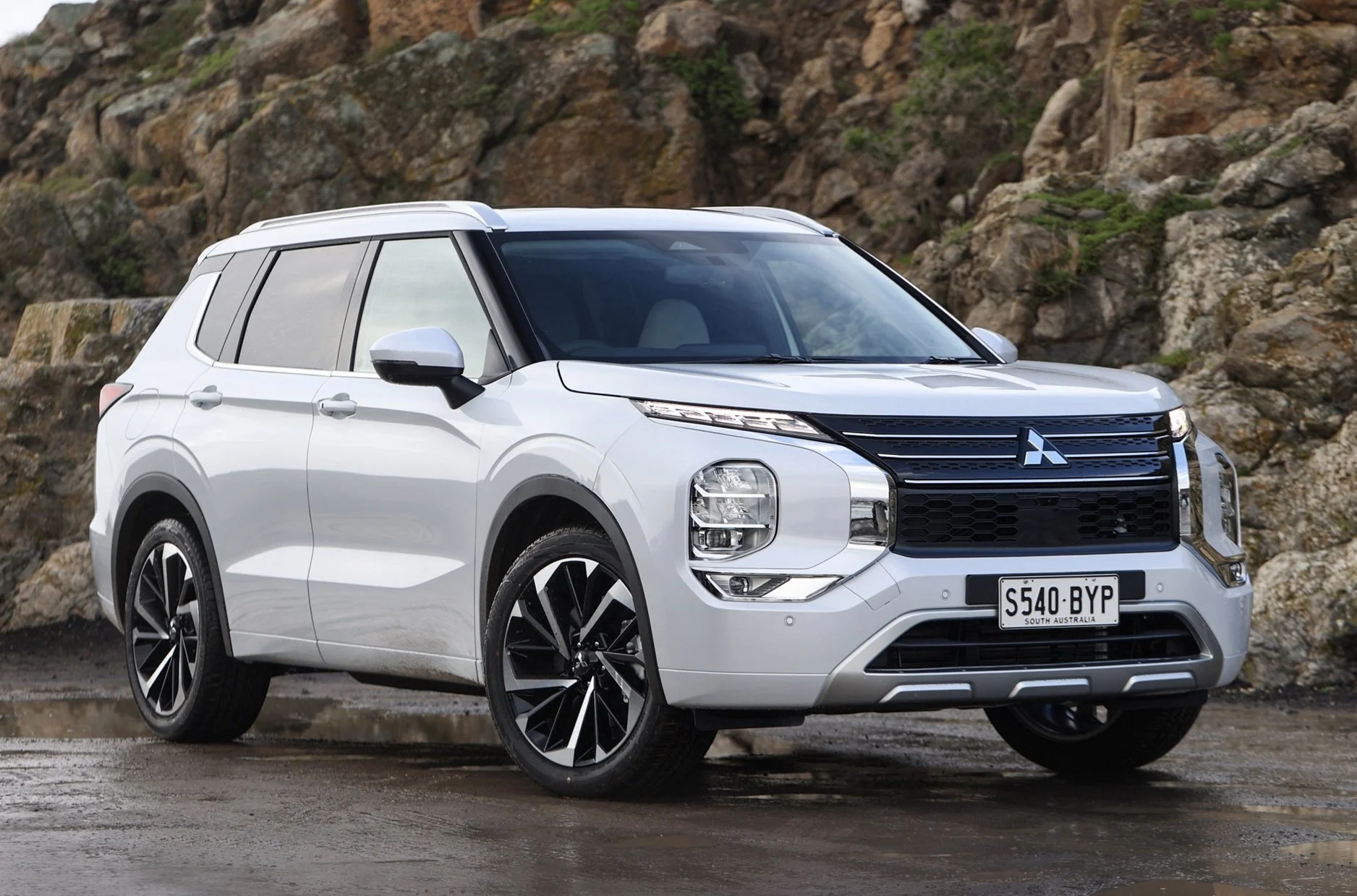



There are multiple updates coming to Mitsubishi Australia’s SUVs in 2025 and 2026, which means waiting for the latest versions of ASX, Eclipse Cross or Pajero Sport, or snapping up a bargain on outgoing models. Here’s what you need to know…